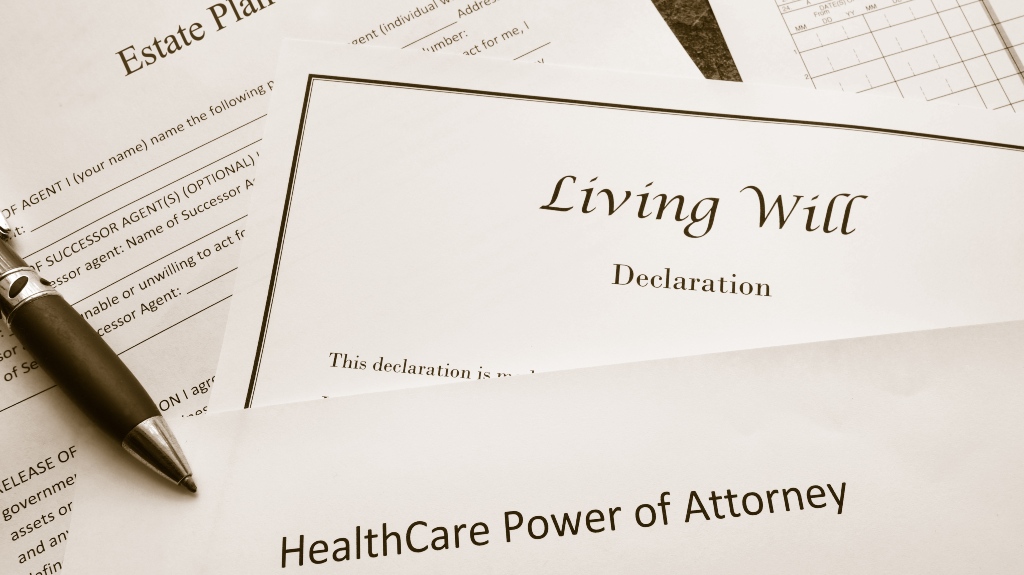
When making plans for your estate, you will want to have a few vital documents in place. These tools can outline your wishes, designate beneficiaries, and ensure that your loved ones do not have to worry after your passing.
What are some of the key documents in the Wisconsin estate plan? Let’s examine a few must-have tools for your estate.
Last Will and Testament
This document is the most well-known and the most needed. If you only have one document, make sure it is this one. A will outlines your wishes regarding custody of children and pets, distribution of assets, and paying off debts.
With a will, your estate will proceed through probate, making it a public record. However, it could be possible to skip this process with other estate planning tools. Keep in mind that a will must be typed and notarized. The state does not recognize handwritten documents in these cases.
Trusts
If you would rather skip the probate process, a trust can help you achieve that. When you create a trust, you will designate a trustee who acts as a manager for your estate. After your passing, you will distribute your assets according to your wishes.
In these cases, your assets will not become subject to probate. The trust documents are an important part of an estate plan. Depending on whether you have a revocable or irrevocable trust, they often cannot be changed after you have outlined your terms.
Beneficiary Designations
Life insurance policies, retirement accounts, and a few other assets do have precedence over a will. In these cases, they will not head through probate. With these designations, you can explicitly state who will receive these assets after your death.
In Wisconsin, there is a procedure called Transfer On Death (TOD) that allows you to make these designations for certain types of property.
Power of Attorney
This document allows someone to act on your behalf when you are unable to do so. In the event that you become incapacitated or unable to make decisions for yourself, you will know that someone is there to handle your estate. A POA can cover several different situations, such as:
- Business transactions
- Banking
- Child care
- Health decisions
Keep in mind that there are different types of POAs. For example, durable POAs remain in effect even if you become incapacitated, but limited POAs only cover specific transactions or time periods.
Medical Care Directive
A Medical Care Directive, or Living Will, specifies your approved medical treatment when you cannot communicate these wishes on your own. For example, you may not want to be placed on life support or receive resuscitation. With these documents, you can make sure your wishes are carried out and that their loved ones are not left with difficult decisions to make on your behalf.
List of Important Documents
From birth certificates to marriage licenses, everyone has important documents in a safe space. When your family needs to settle your estate, the last thing you want is for those loved ones to have to search for these documents.
Many people now include a list of essential documents and where to find them in their plans. After your death, your loved ones will know where to look for life insurance policies, annuity documents, retirement accounts, bank accounts, and family records. This document helps to streamline the process and make it easier for your remaining family members.
Planning for the Future Is Important
These key documents in Wisconsin estate planning can help with the distribution and settlement process. When you consult an experienced estate law attorney, they can help you decide which documents are essential for your circumstances.
If you want to know the right documents for your estate plan, contact the Collins Law Firm. Our experienced estate planning team helps individuals like you to build and protect your legacy.
Schedule your free and confidential consultation today by contacting us or calling (414)-207-6292.